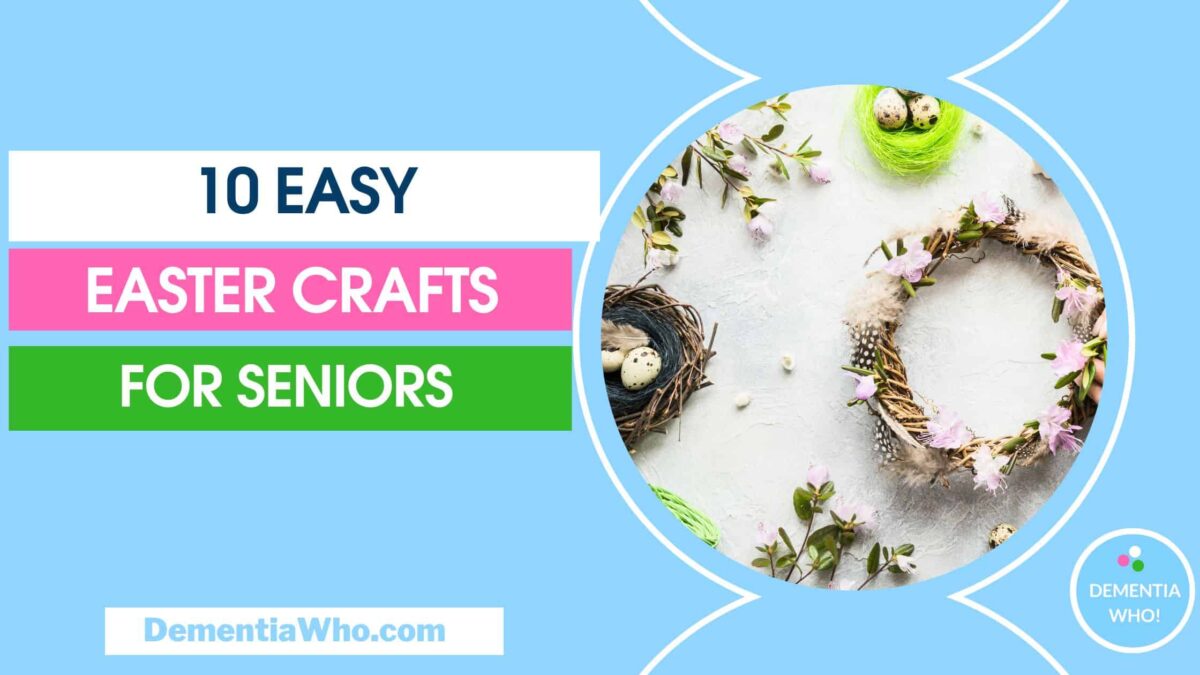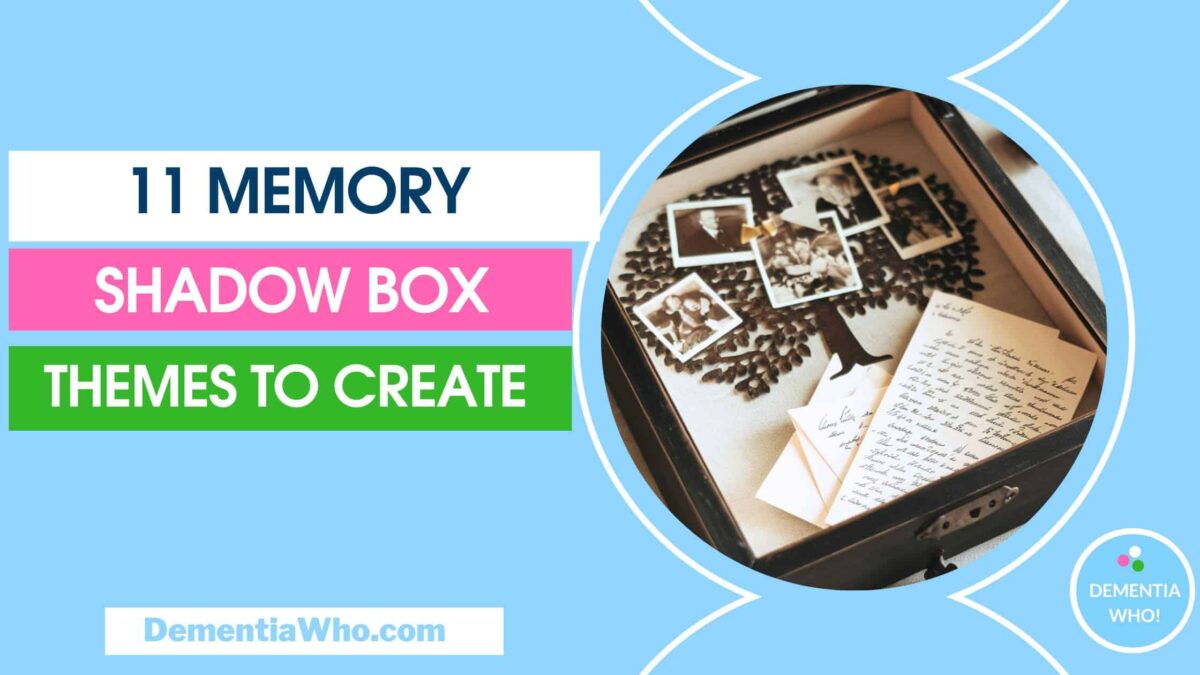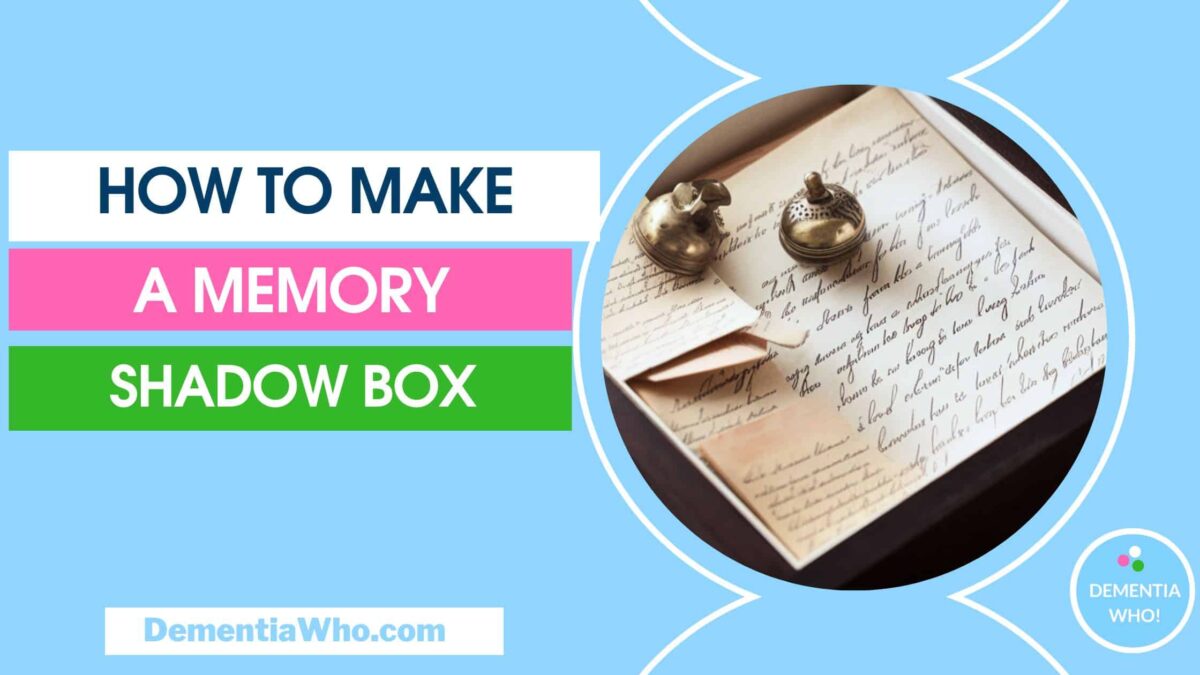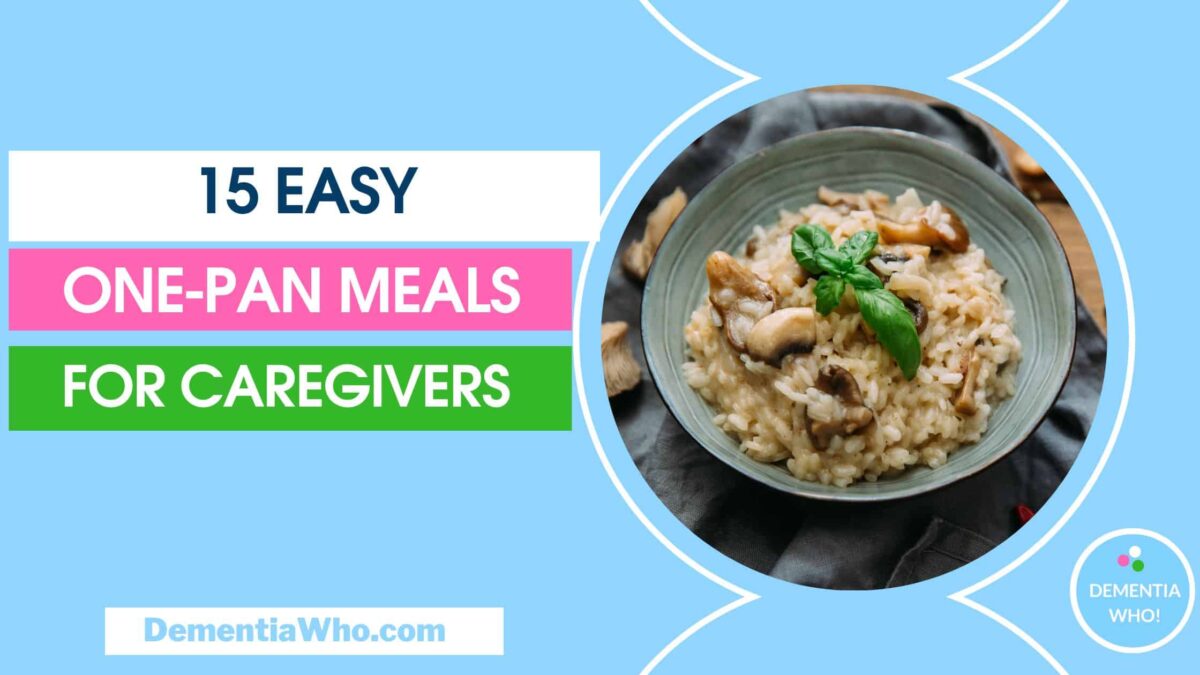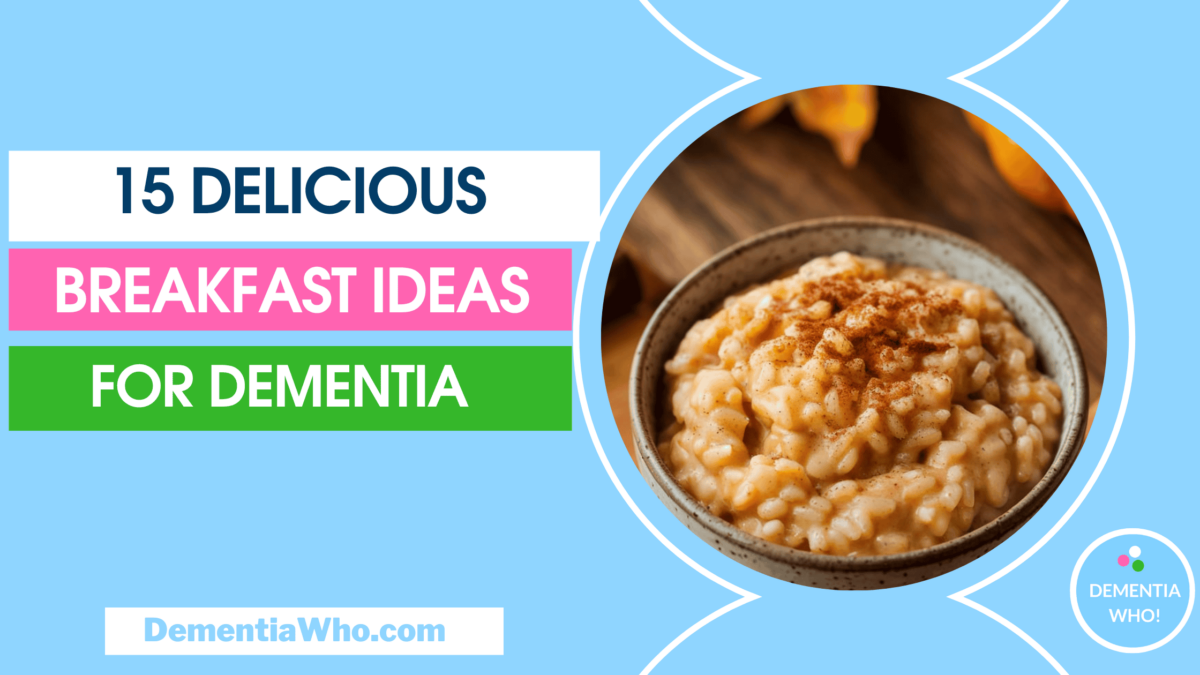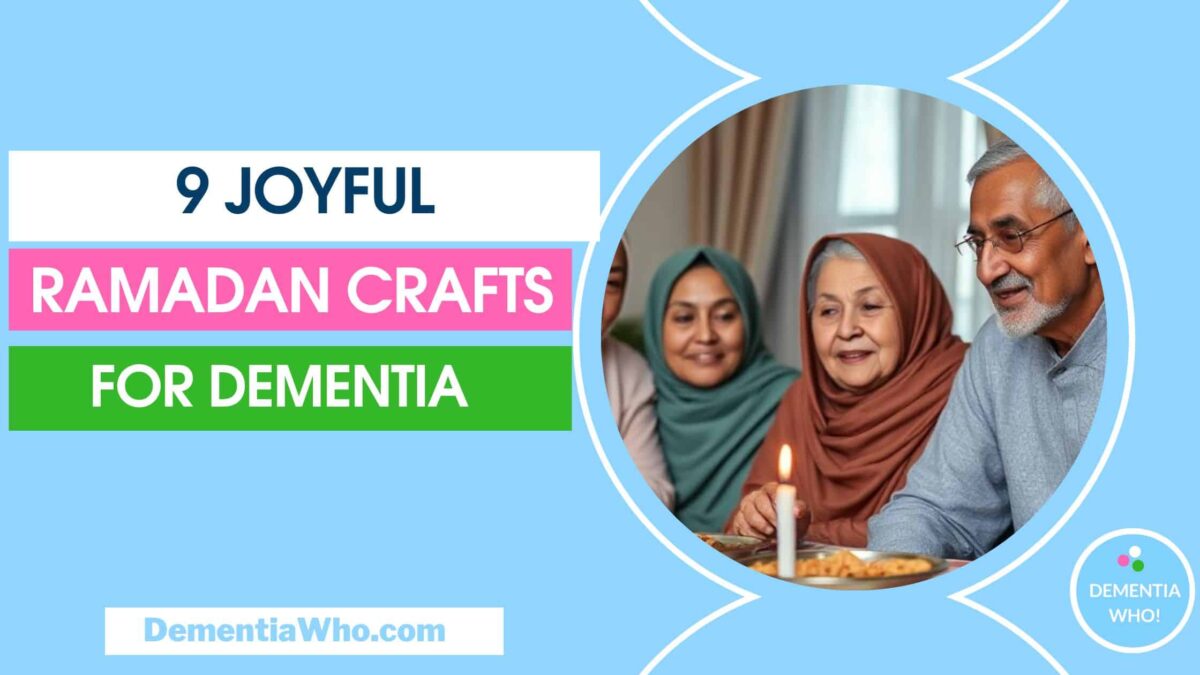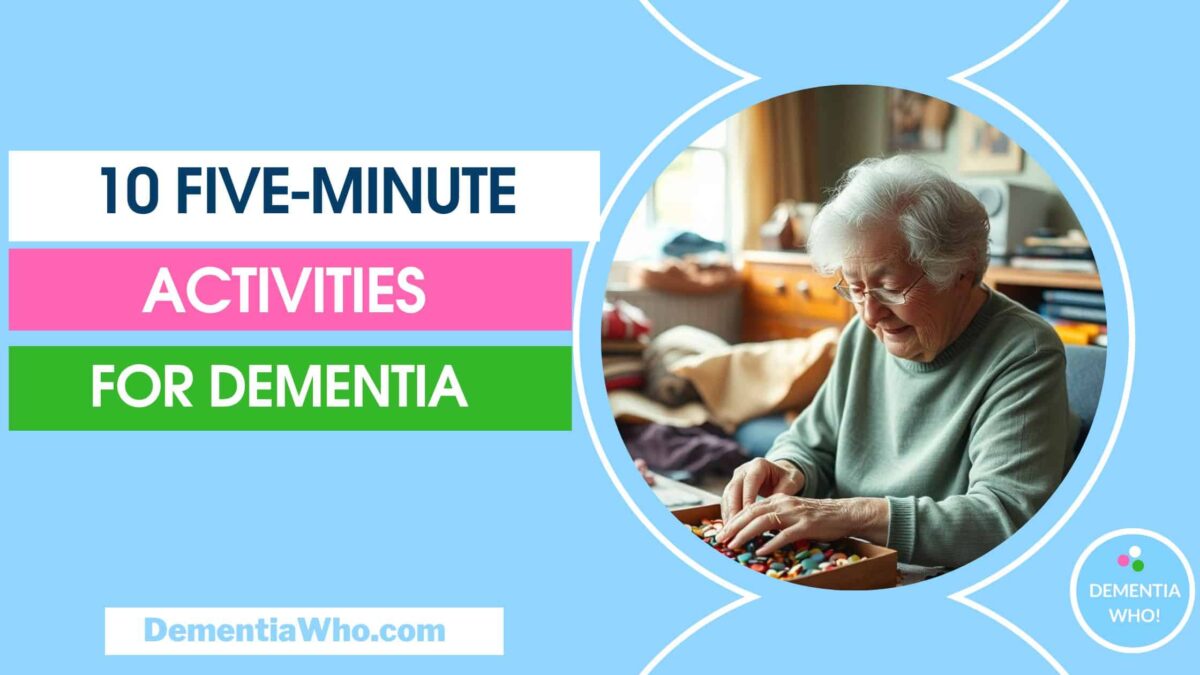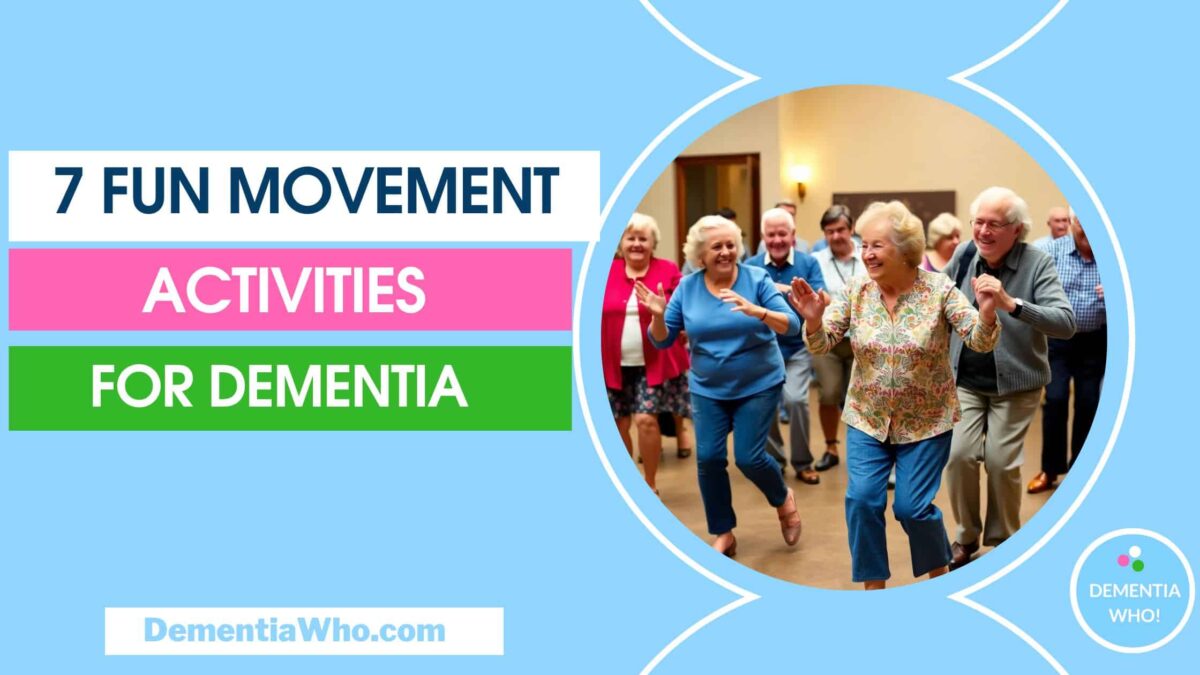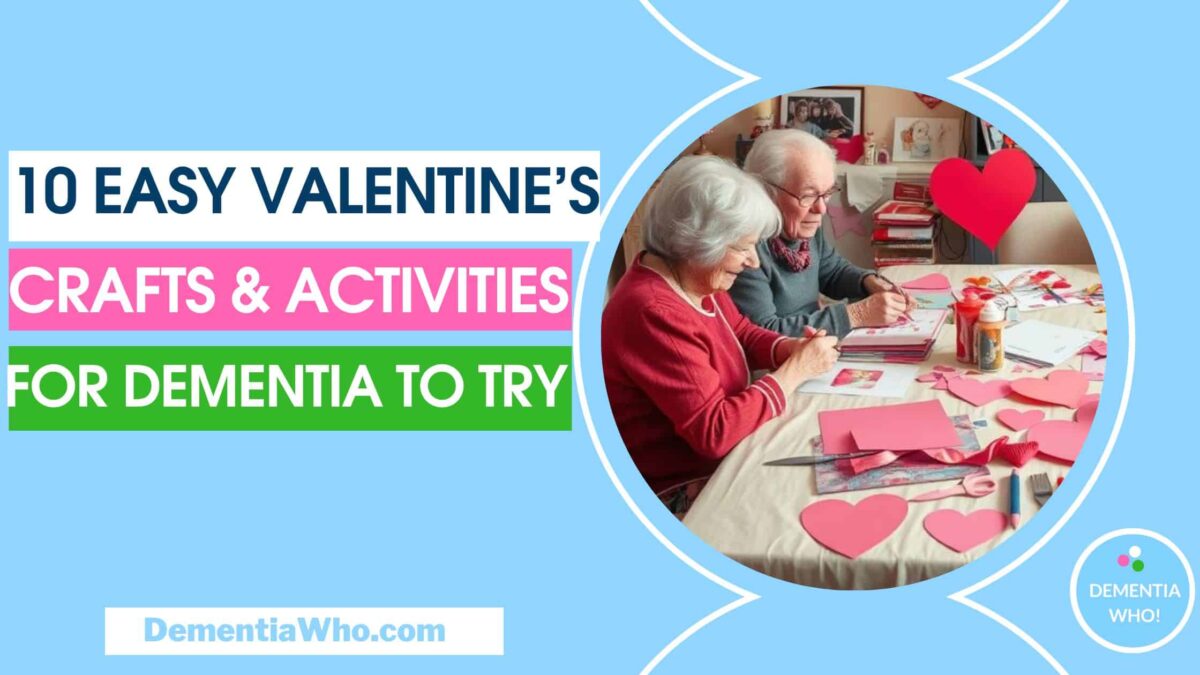You can’t see dementia, you can see how the symptoms of your loved one’s disease presents itself. It isn’t always that stereotypical picture of old people, wandering confused around a nursing home or sitting blankly in an armchair.
I know with mum that’s not her, not all, but my idea of mum and her condition living with Alzheimer’s has been deeply challenged recently.
Dementia doesn’t have a look!
Mum’s not the same person she was any more, things are different, we engage in different ways, but her capacity for enjoyment hasn’t changed. I think that I have to face the fact that media portrayals had shaped my own expectations of mum’s journey.
Mum’s life isn’t like that pictured in media, but it also hid from me the level mum had actually progressed to. That’s what today’s blog is about, mum & perceptions of dementia.
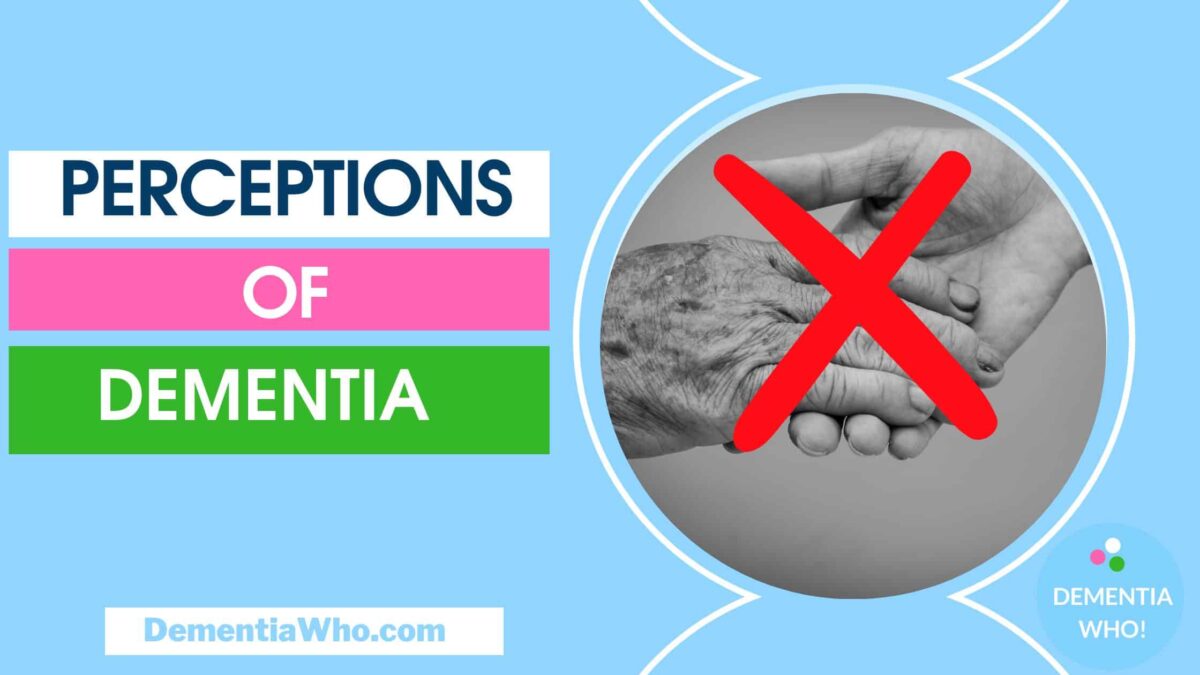
Society Perceptions
It’s frustrating how simply dementia is usually depicted especially in news and papers, frail old people, hands clenched together, shuffling and gazing vacantly.
It’s better in film and dramas but still the focus portrayed in the media is of pictures of dependency and despair that doesn’t capture real life.
It’s rare to see the real narratives of life still being lived of people living with dementia. You don’t see the individuality of those who live with it, and most narratives reduce them to shadows of their former selves, and don’t show the diversity of the dementia experience.
It isn’t all about cognitive decline. Society often imagines dementia in its most dramatic & extreme forms—forgetfulness, wandering, confusion—ignoring the subtleties of its progression. It’s much more than that.
Hidden Disability
Dementia is a disability that doesn’t announce itself to you when you first meet someone, it’s hidden. Depending on the type of dementia you may not even notice it the whole time you’re with with someone. Alzheimer’s and Vascular can be mistaken for other types of health conditions in the early to mid stages.
But just because you can’t see it, doesn’t mean that we ignore it, we do still need to make adjustments by removing obstacles, or making things more accessible visually & physically.
Art Class
I thought enrolling mum in a dementia and carer art class was another way to explore her new hobby of creative art and a chance to meet and mix with others with dementia. It would also give me a chance to meet other carers in the same situation (where I didn’t have to find respite cover for mum!)
So here we were in a small class, where the artists and support staff initially outnumbered the participants. As I sat down with mum in her wheelchair, I leaned over to the organiser and whispered I’m at the right class for people with dementia and their carers, and she assured me that I was.
The class was brilliant but you could clearly see the huge difference in abilities between mum and the remaining participants. It turned out that they all had dementia, and there weren’t any other carers attending.
Each one of them on their own dementia journey, they arrived and left independently, brilliantly created their artwork, joking with the instructors, choosing colours and mediums that were offered.
They were living with dementia, but with complete independence and normalcy that I had forgotten about with Mum. She’d been like that before.
Mum struggled with the class physically and mentally, have you ever tried moulding freezing cold clay? It’s tough, hard, and needs to be stretched and rolled to make it more malleable. Mum’s physical weakness meant that she needed help and mentally she needed more direction. But she did it and she managed to create something with our help that was full of texture and interest, that the artists loved and wanted to dry and fire in the kiln.
Realisation
But…….I hadn’t realised how the class would affect my understanding of mum’s dementia, and the stark contrast to the misleading portrayal you might see in the media. Here, among others who shared her diagnosis, the differences were undeniable. Mum with her gentle smile was further along the path of Alzheimer’s than I had allowed myself to admit.
This moment of clarity hit me like a wave, leaving me to deal with a mix of denial, sadness, and asking myself – why the hell had I not seen this before!
Incremental Changes
In the comfort of our daily routines, the day to day of caregiving, the changes in mum can seem incremental. I track the medicines, make the meals, clean our home, try to engage mum and answer the repeated questions.
I’m so focused on creating routines to anchor my mother that I lost sight of the bigger picture. Witnessing that stark contrast with her peers in mum’s art class shook me, I won’t pretend otherwise.
It reinforced that Alzheimer’s is stealing more of my mum every day.
Mum’s progression
In our cocoon at home, my lens had become distorted by mum’s progression. What I saw as normal, really wasn’t. I knew her dementia had progressed, but I honestly thought it wasn’t that far along, mum could easily hold conversations, albeit on the same things, she did wander off and talk nonsense at times, but mainly she was talking about what she was seeing or remembering something that had happened, not on the news of the day or current events.
I only thought of her advancing in her dementia due to her developing dysphagia (swallowing issues) and Aphasia (problem finding the right words). I made adjustments for that, I knew when she used the word nappy, she wasn’t talking about a nappy, she was talking about the thing she was looking at.
That’s why I thought of her as being between mid and late stage. I’d forgotten her independence, joyful side and ability to fully engage in life as I saw with her peers in that art class. Mum’s condition was more advanced than I had allowed myself to believe.
Fresh Eyes
I’m seeing mum with fresh eyes now, I see someone I know intimately but also someone I don’t recognise as the vibrant, joyful, bossy, independent, always active person I once knew. That’s not a bad thing, life moves on, I just hadn’t been seeing it in those terms. I’d been caring for mum and making small adjustments. Trying to make things better when she became anxious, was apathetic or just plain tired.
Don’t get me wrong there are a lot of happy, funny, loving, and laughter moments as well, but the reality is that she isn’t the same. Of course, not she has Alzheimer’s disease, but that doesn’t strip away her ability for enjoyment, just that her engagement with the world has changed.
Caring for a parent with dementia requires continual adjustment to meet them where they are now, not where they used to be.
That’s what I’d been doing, and in the process missed that she had progressed more than I believed.
Dementia is Unpredictable
Coming to this class has reminded me of how different the dementia experience is, how nuanced lives are living with dementia. It forced me to confront my own preconceptions, despite years of seeing those living with dementia promoting awareness and understanding of how life can really be like for your loved ones.
Dementia is Unique to the Individual
I’m saddened to realise that the media coverage and other factors shaped my expectations of Mum’s journey.
Our journey looks different from the people we met at our class, but seeing Mum and her peers navigate their worlds with a mix of independence and support, finding joy and fulfilment in making art. It made me realise you can’t compare there’s no point.
Dementia is unique to the individual, it’s complex, an unpredictable journey and it rightly challenges common misconceptions held by many including me.
Finally
Yes, mum is further along in her Alzheimer’s disease than I believed, that was a wake up call for me but does that matter? Not really, what matters is mum, that she’s happy, engaged and treated with respect and dignity. I will continue to meet mum where she is, with grace and gratitude for this time that we have to share.
PS – Here’s Kikki, lounging on her window canopy bed that she loves!
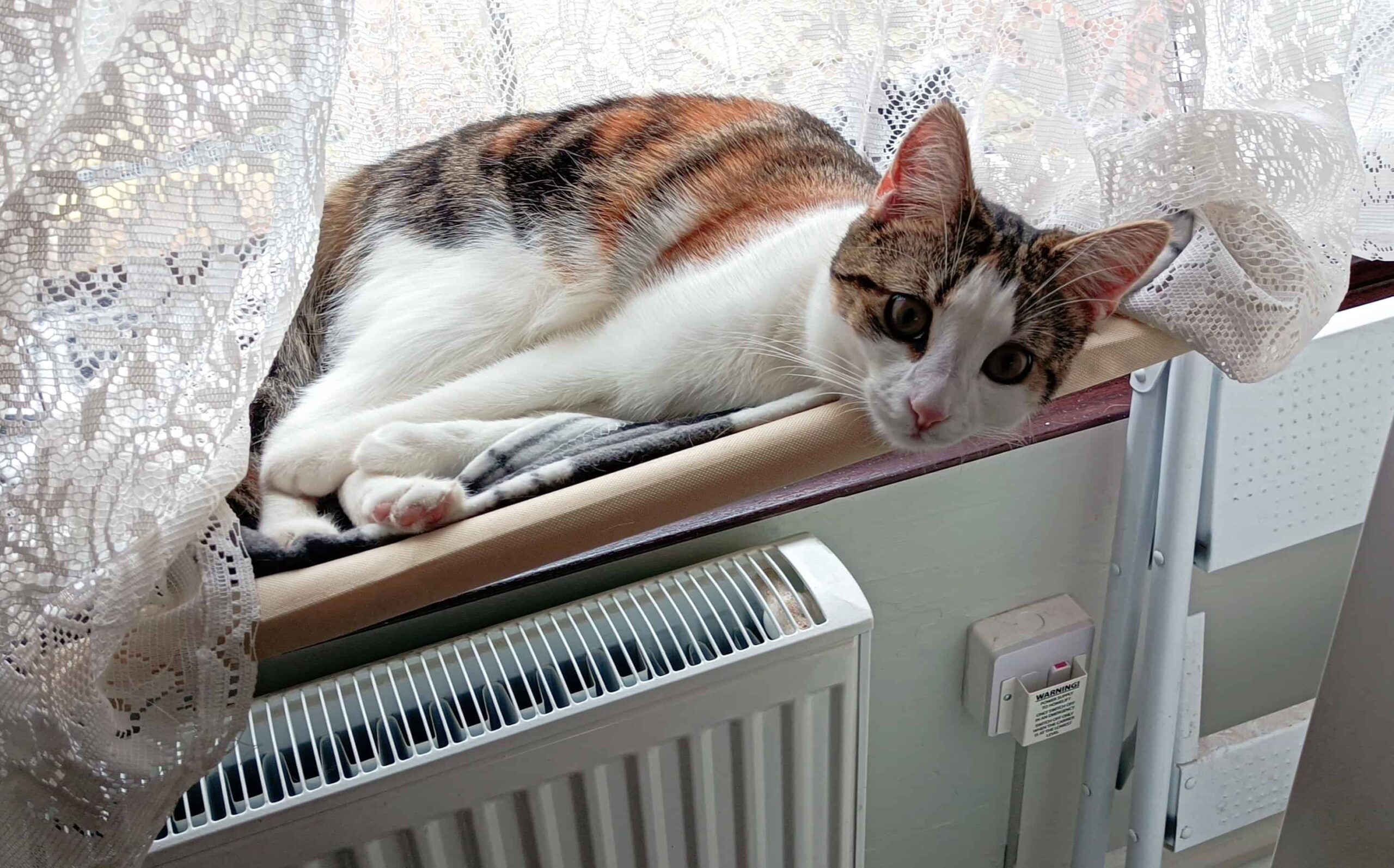
Til next week!

